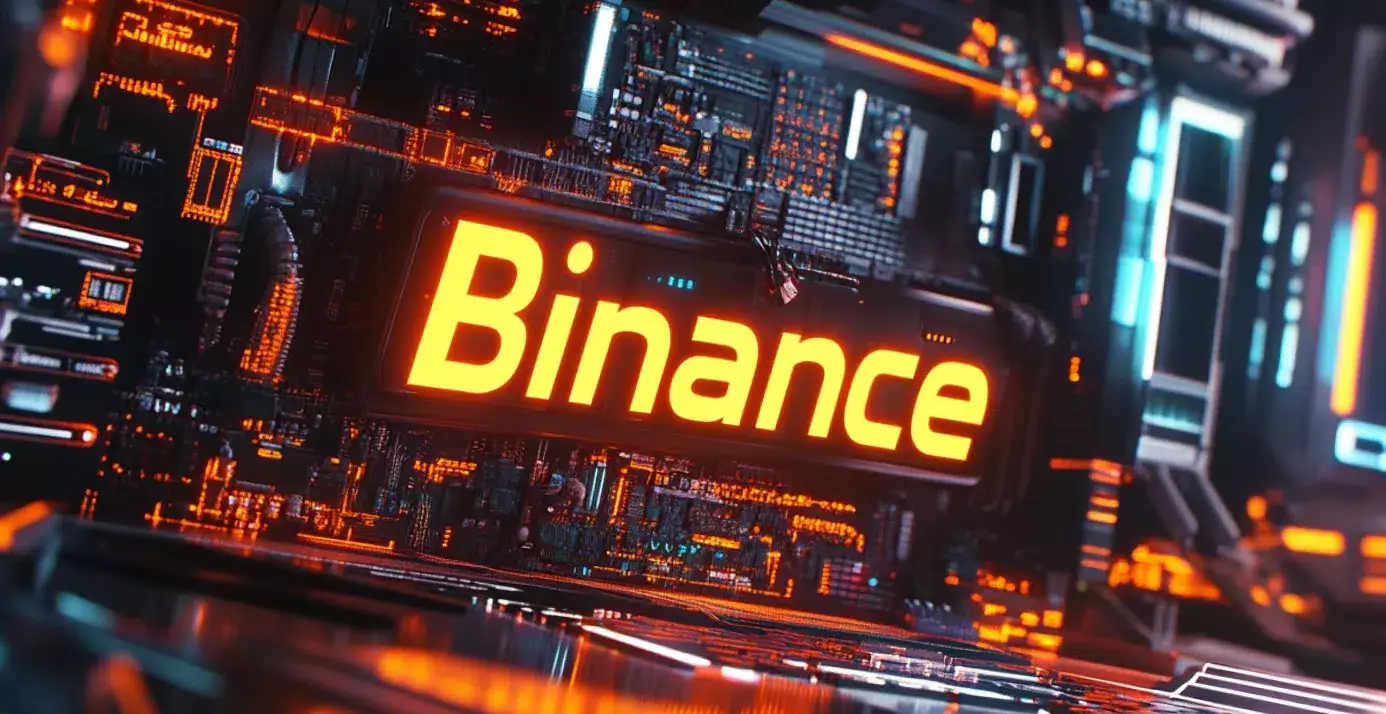The cryptocurrency community has always been a hive of innovation and engagement, yet Binance’s recent launch of the “Vote to Delist” feature raises significant concerns. While it appears to empower users, there’s a compelling argument that this initiative could wreak havoc on the crypto landscape, particularly for less established projects that may already be struggling. Here are five reasons why this new feature poses severe risks.
Manipulation Risks
One of the glaring issues with community voting systems is the potential for manipulation. Wealthy investors or groups with vested interests could rally to eliminate tokens simply because they stand in the way of their more favorable projects. Cryptocurrencies that might be undervalued or have future potential could face unwarranted delisting due to the concentrated influence of a few major holders. Such a dynamic undermines the very principles of fairness and transparency that the crypto community professes to uphold. When governance is skewed, we risk creating a dystopian trading environment plagued by favoritism.
Community Discord and Fragmentation
While Binance touts this feature as a means to engage users, it is likely to deepen fractures within the community. Not every token has a vocal or organized support base capable of galvanizing votes for survival. As a consequence, smaller projects may find themselves sidelined, leading to dwindling trust among community members and developers alike. If passionate supporters feel that their projects are constantly under threat from ruthless voting, the barb of dissatisfaction could drive them away from the platform altogether.
Loss of Focus on Vital Factors
Delisting decisions based solely on community votes divert attention from more substantive factors like liquidity, team commitment, and regulatory compliance. Binance has already stated that while votes will have influence, they are not the sole component in decision-making. Ironically, this mitigates the purpose of letting users have a say at all. It raises the question: Why bother introducing a voting mechanism then? Less informed investors may unwittingly vote against projects that are genuinely viable, causing undue turmoil without addressing the core issues of token viability.
Market Reaction and Speculative Risks
The timing of the announcement also sets off alarm bells. Shortly before the rollout, Binance delisted five tokens, causing drastic market reactions—with BurgerCities experiencing a staggering plunge of 48.1%. Such volatility creates an unpredictable atmosphere that could deter potential investors and destabilize smaller projects further. Instead of fostering a healthy, long-term perspective of asset value, it encourages short-term speculation that undermines market integrity.
Undermining User Trust
Finally, there’s the reputational risk facing Binance itself. If users feel disenfranchised or manipulated through this voting process, distrust could culminate in a mass exodus to platforms perceived to be fairer. As crypto becomes mainstream, retaining user trust is crucial for a platform’s longevity. By prioritizing a gimmicky governance model over more comprehensive criteria for assessing token viability, Binance may inadvertently alienate its user base rather than strengthen it.


Leave a Reply